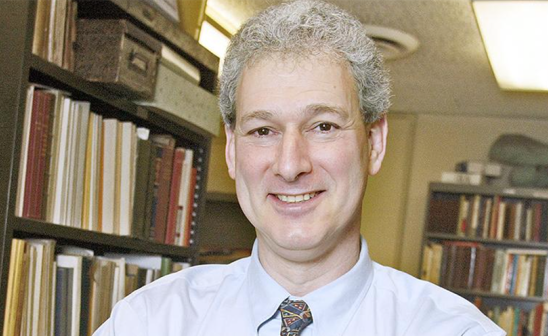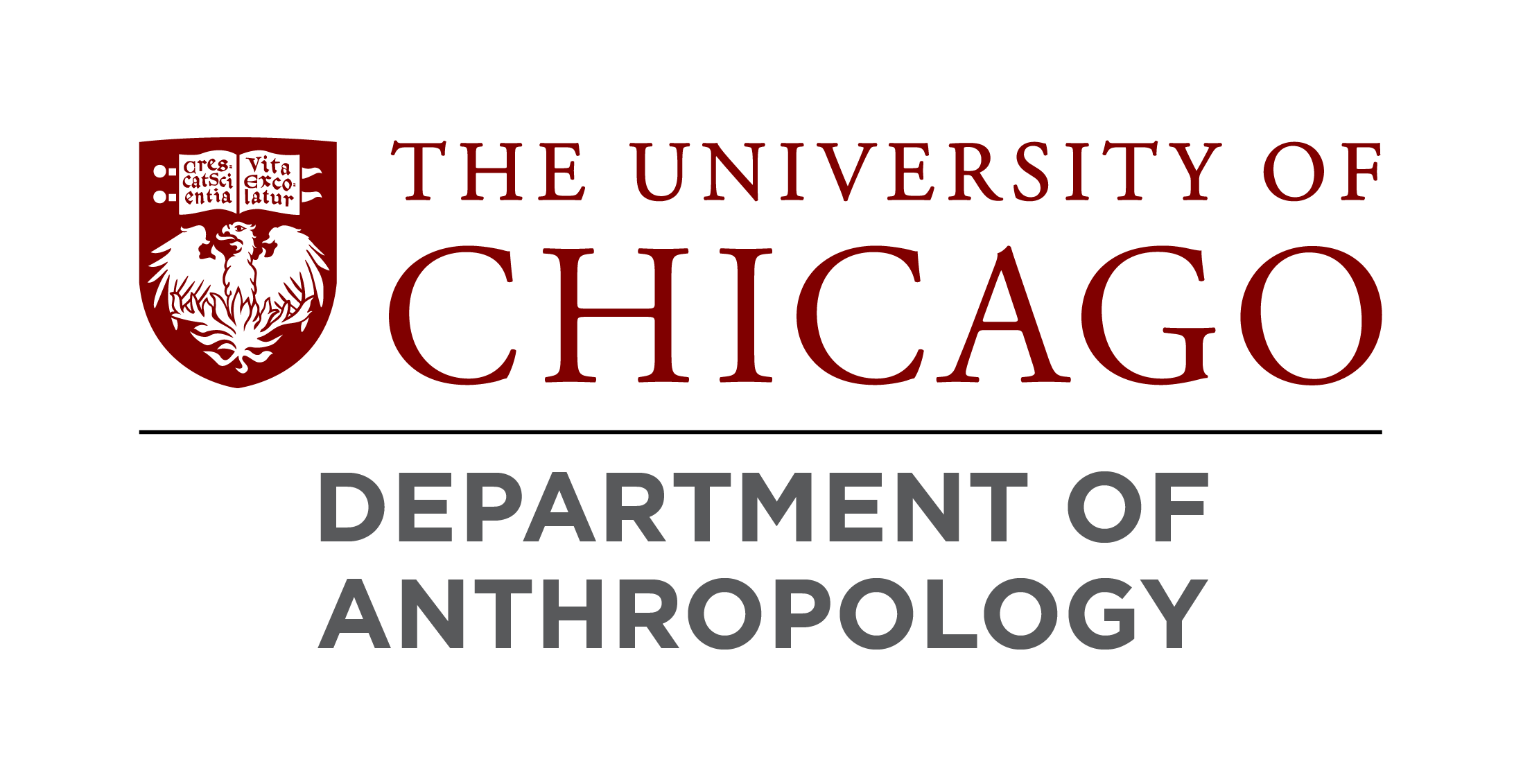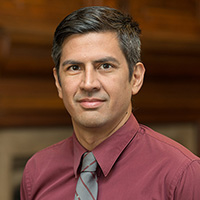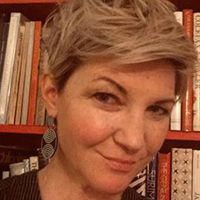Language in Culture, the posthumously published book from Michael Silverstein, unifies a career’s worth of linguistic anthropology research

Three UChicago anthropology professors helped bring Silverstein’s opus to fruition after his death, successfully conveying in the text his lively lecturing style and voice.
By Sarah Steimer
In 2022, Cambridge University Press published Language in Culture by Michael Silverstein, the highly influential University of Chicago professor of Anthropology, Linguistics, and Psychology who helped redefine the fields of linguistic anthropology and sociolinguistics. Unifying research insights developed over his career, the text was published posthumously — Silverstein died from brain cancer in 2020 — with the help of his colleagues, most notably University of Chicago anthropology faculty E. Summerson Carr, Susan Gal, and Constantine V. Nakassis.
When Silverstein received his cancer diagnosis in 2019, he set his mind to two goals. First, he was determined to teach his signature course, also titled “Language in Culture,” which he’d taught at the University since 1970. With the help of a dedicated cadre of graduate students, he taught the course one last time, via Zoom, in Fall 2019. Silverstein also wanted to complete an in-progress book based on a lecture series he gave at the Linguistic Society of America's Summer Institute, held at the University of Kentucky in Lexington in 2017.
“These two projects were very much connected because the Lexington lectures were the latest, most evolved iteration of the course he’d been teaching for years.” Carr says. The book, therefore, captures his latest thinking in a career of conceptualizing language in culture.
In an effort to complete the book, three workshops were organized at Silverstein’s home in 2019 that convened his colleagues, retired faculty, and former students. Each gathering, modeled after the traditional University of Chicago workshop, focused on one of the three thematic sections of the book. Participants read the chapters and an assigned discussant offered comments and criticism about a particular chapter, to which Silverstein would respond, and then the floor was opened for further conversation.
“People really wanted to and felt honored to participate,” Gal says. “It was, in many cases, a way for people to see Michael for the last time. So warm personal and intellectual relationships were closely intertwined in those discussions.”
The book’s introduction came by way of a final, major lecture from Silverstein. Before receiving his diagnosis, he was invited to give the Ryerson Lecture in fall 2019, an honor given to senior scholars who have made lasting research contributions, in this case to the humanistic social scientific world. Nakassis presented the lecture that Silverstein wrote, and Silverstein answered questions after. This introduction, Nakassis says, “is extremely listener and reader friendly, a very charming kind of introduction” to an author otherwise known for his highly technical writing style.
The arc of the book begins with a novel way of analyzing person-to-person interaction, the way in which the talk creates its own context: the way people relate to each other and create various relationships in the process of communicating with each other. The second section discusses processes that happen across interactions. And the third section takes on the larger, more abstract questions of culture: how to think about culture from the perspective that is laid out in the first two parts, and the more general problem of categories — cultural, grammatical, and beyond. The book returns to the interactions first seen at the start, creating a full circle.
“I think one of the contributions of the book, which has many, is that Michael really was the kind of person who handled the technical details of linguistics as much as the technical details of anthropology,” Gal says. “Although those two fields are always good neighbors, they have not been integrated in the ways that he integrates them.”
Gal, Nakassis, and Carr worked together on the book in a virtual setting once the pandemic began, and through Silverstein’s death in July 2020.
“We did really strive to make sure to not interfere with his voice,” Carr says. “And yet he does have such a strong voice — it wasn't very hard to retain that.”
Gal is currently teaching Language in Culture, which she says is “going really well” with the students. But beyond those learning about Silverstein’s work for perhaps the first time, it was an opportunity for the three University of Chicago professors to grow closer to the work.
“It was an interestingly transformative experience for us to work this hard on somebody else's work, for someone we respected a great deal and were very fond of,” Gal says. “I think that it had an effect on us, enabling us to get better acquainted by working together in a very harmonious way.”
 THE UNIVERSITY OF CHICAGO
THE UNIVERSITY OF CHICAGO





